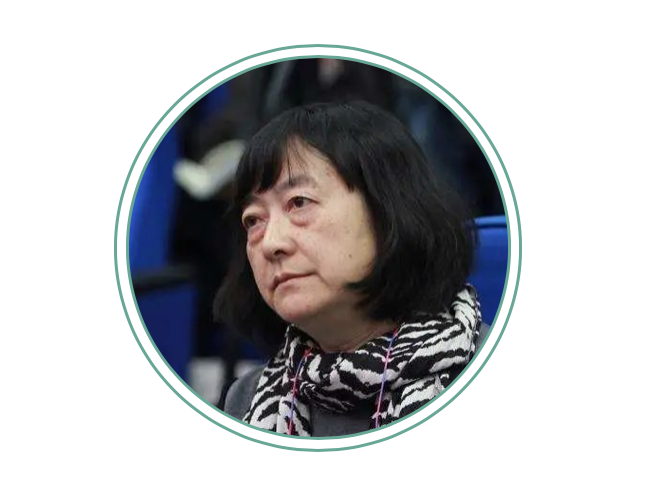On local time April 27, 2020, the National Academy of Sciences (NAS) announced its newest selection list of 120 academicians and 26 foreign academicians in recognition of their outstanding achievements in original researches. Cheng Yifan, an alumnus of Wuhan University, is one of them. Cheng Yifan was already elected as an academician of the American Academy of Arts and Sciences (AAAS) on April 17, 2019.

Cheng Yifan
Cheng Yifan, a faculty member of University of California, San Francisco (UCSF) since 2006, is a professor of Biochemistry and Biophysics and a researcher of the Howard Hughes Medical Institute (HHMI). He is a world leader in the development and application of Cryo-electron Microscopy, which combines high-resolution microscopy and powerful computational methods to unveil the three-dimensional structure of proteins in unprecedented detail.
In 1978, Cheng was admitted to the Physics Department of Wuhan University (WHU). When he was a postgraduate student in WHU in 1987, he was thrilled to see the very first article about quasicrystal discovery. As the electron microscope was the most effective way to study the structure of quasicrystal at that time, he decided to join the research group of Prof. Wang Renhui to study the theory of electron optics and the experimental technique of electron microscope.
In 1996, five years after receiving the Ph.D in physics from the Institute of Physics in Chinese Academy of Sciences, he switched to the field of Structural Biology. In 2013, Cheng cooperated with Prof. David Julius and succeeded in analyzing the structure of TRPV1 atomic resolution of capsaicin receptor by means of Frozen Electron Microscopy (FEM), which set off the "the revolution of FEM" in this field.
As a cross-border researcher, Cheng has published more than 100 papers and review articles in top journals of life medicine. Nearly 20 have been published in Nature, Science and Cell, leading the development of Cryo-electron Microscopy and starting a new chapter in Structural Biology.
Cheng once said that the fact that he did not receive professional training in Biology was beneficial but not unfavorable to him. It was with the courage that comes with blissful ignorance that he was not restrained by the conventional thinking, thus rendering him to be boldly innovative and finally making a breakthrough in the field of Cryo-electron Microscopy.
The academician of NAS is one of the highest honors of the American academic community. The elected members are scientists and engineers who have made great success in science, technology and engineering. Come and have a look at the other WHUers in NAS!

Dong Xinnian
Dong Xinnian, admitted to the Department of Biology of WHU in 1978, was elected as academician of NAS in 2012. Dong’s laboratory uses arabidopsis thaliana as a model system and studies the mechanisms of plant defense against microbial pathogens. They focus on a specific response known as systemic acquired resistance (SAR). SAR, which can be induced by a local infection, provides the plants with long-lasting, systemic resistance against a broad spectrum of pathogens.
Her father, Dong Fureng, is a famous economist in China who is hailed as a "master of economics",who graduated from the Department of Economics of WHU in 1950. Her mother, Liu Ainian, is a famous ophthalmology professor and an alumna of WHU. Her husband, Wang Xiaofan, a Biochemistry student of WHU in 1978, was elected as a foreign academician of the Chinese Academy of Sciences in 2017. Her younger brother, Dong Xinzhong is an associate professor of School of Medicine of Johns Hopkins University, and he once enrolled in the Department of Biology of WHU in 1987.

Meng Xiangjin
Meng Xiangjin held a Master's degree of the Institute of Virology, School of Basic Medical Sciences of Wuhan University and was elected as a member of NAS in 2016. He is now a distinguished professor of molecular virology at the Virginia Polytechnic Institute and State University, whose research fields include the pathogenic molecular mechanism and vaccine development of important new viruses and zoonotic viruses in veterinary and human medical public health.
Rewritten by Yang Tiantian
Edited by Liu Xiaojing, Wei Yena,Gen Jinwei & Hu Sijia
Source: https://mp.weixin.qq.com/s/Ky4jaN0xJaKxUxQUrR4Jow